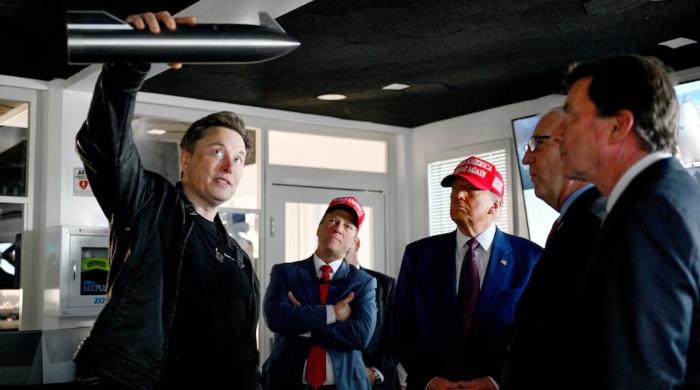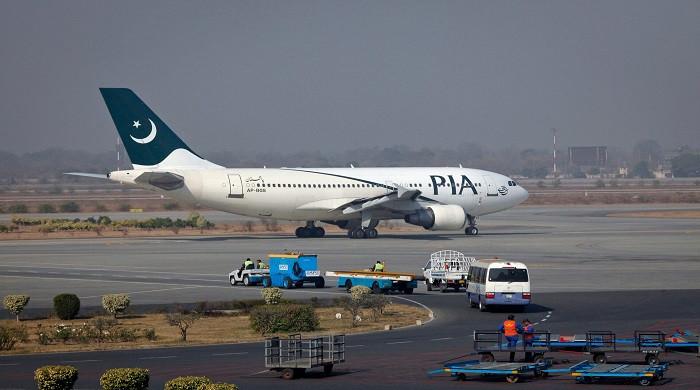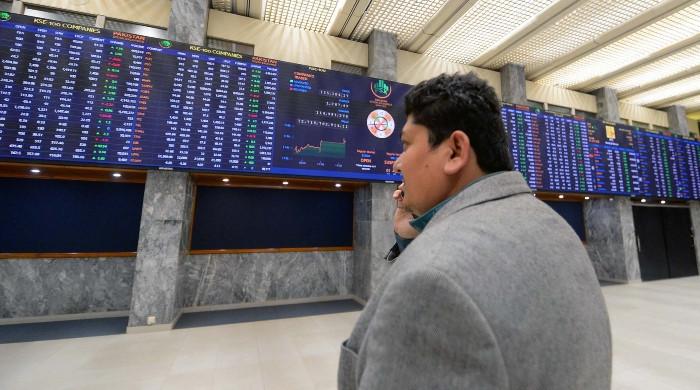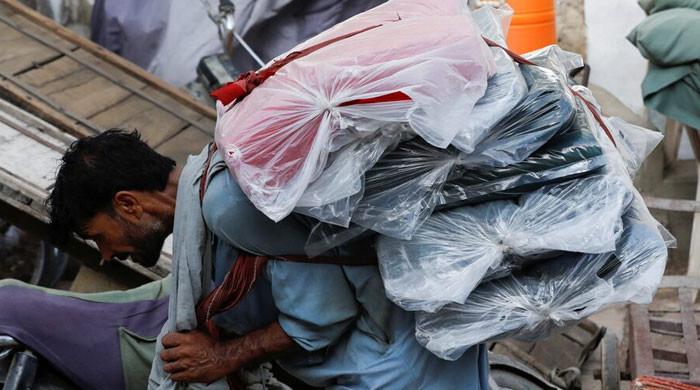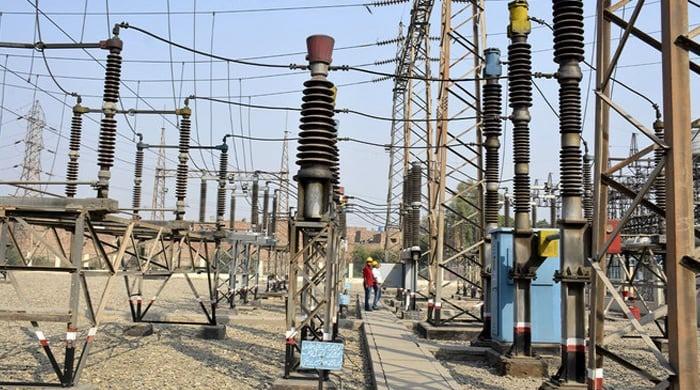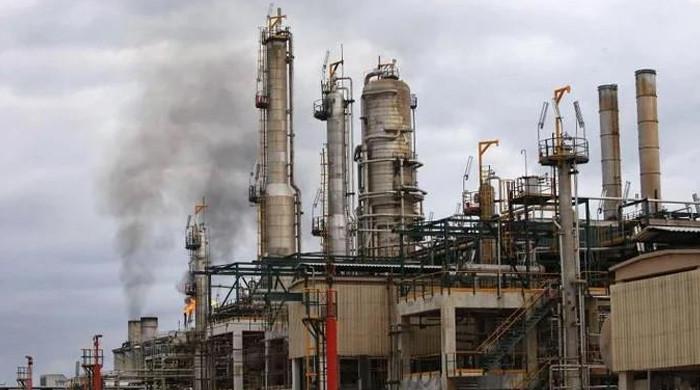ML-1 railway: Pakistan, China decide to execute $10bn project
Joint Coordination Committee also decides to undertake business-to-business deals under CPEC
October 28, 2022

- JCC decides to undertake business-to-business deals under CPEC.
- Pakistan assures of taking initiatives for security of Chinese.
- Both sides agree to expand cooperation in information technology.
ISLAMABAD: Pakistan and China on Thursday agreed to execute the Mainline-1 (ML-1) railway project at an estimated cost of $10 billion, The News reported.
The Joint Coordination Committee (JCC) also decided to undertake business-to-business deals under the China-Pakistan Economic Corridor (CPEC). Pakistan will also request for the rollover of deposits and rescheduling of its $27 billion debt.
During the meeting, Pakistan assured China of taking several initiatives for the security of Chinese working under CPEC projects. Both sides have agreed to expand their cooperation in information technology and it was decided that Chinese companies will establish research centres in Pakistan to explore new avenues in this sector.
Pakistan and China held the 11th JCC meeting virtually but both sides could not sign the minutes of the meeting. It was expected that the minutes of the meeting will be signed during the upcoming visit of Prime Minister Shehbaz Sharif who, along with a high-powered delegation, will be visiting China from November 1, 2022.
The CPEC meeting was held in Islamabad with both sides expressing satisfaction over the ongoing projects under CPEC while several other projects were proposed. The meeting was co-chaired by Planning Minister Ahsan Iqbal, and Vice Chairman National Development & Reform Commission (NDRC), China, Lin Nianxiu.
Under the leadership of PM Shehbaz, CPEC has emerged as the topmost national priority, said the minister, in his welcome address. The meeting was also informed that another 3,100 MW, which has achieved 90% milestone for FC (700 MW Azad Pattan HPP, 1,124 MW Kohala Hydel Project and 1,320 MW Thar Coal Block-I), will be finalised at the earliest so as to get closer to the envisaged target of 1,7000 MWs.
The projects in motorways and highways of around 888km were also highlighted to be constructed with both Chinese and local financing (another 853km under construction through local financing). The KKH-Thakot-Havelian, one of the flagship projects of this sector, has received international recognition.
Similarly, another priority project, the Karachi Circular Railway (KCR) was discussed in length, which will benefit a large segment of the population of Karachi. Both sides have also agreed to start the ML-1 project for the construction of the Karachi to Peshawar rail line link, which was considered to be the backbone of CPEC and remained neglected in the past. It was agreed to include a new area of “Water Resource Management and Climate Change” which will have great importance, especially after the recent floods which badly affected Pakistan.
Similarly, both sides agreed to explore new avenues in the mining sector and it was decided to set up a new working group to explore the sector. The Government of Pakistan has also launched an initiative to include 10,000 MWs of solar energy in the system. Pakistan requested China to create a financing window or a credit line for Chinese companies participating in this project.
Cooperation in the agriculture sector was also discussed in the meeting. The Pakistan government has made a number of new proposals, on which agreements are expected to be completed shortly which include post-disaster reconstruction, global development initiatives, strengthening of digital investment in the economy, 1+5 arrangements for SEZs, an agreement between geological survey institutions of the two countries and cooperation to develop the export potential of Pakistan.
Similarly, the framework agreement on single-window cooperation in inland trade was also proposed. Pakistan also proposed a mechanism for a new area of water resources management and climate change in the CPEC framework, considering the enhanced vulnerability of Pakistan to climate events.
Iqbal highlighted three basic objectives in the meeting which include the revival of CPEC, the inclusion of new projects to increase CPEC’s portfolio and the third was business to business cooperation, which was earlier based on government-to-government.




